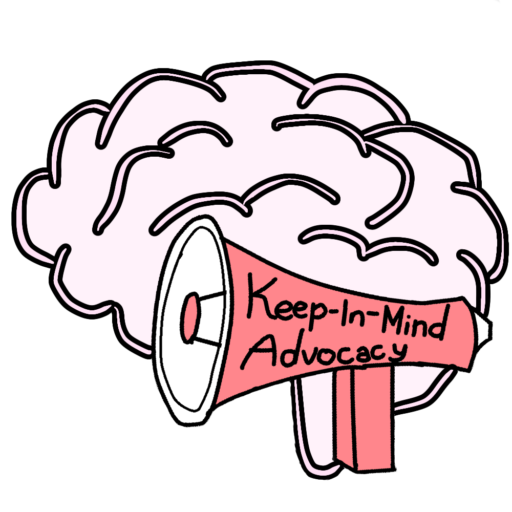DISCLAIMER. As always, this is an opinion piece. Unless stated by a source, all information is opinion based. If you see any medical advice attached to this, consult your doctors. What may work for someone else, could be potentially dangerous to you.
ADHD and other mental health issues impact focus and emotional balance in every day life. Within this upcoming article, the author intends on discussing the implications of active living on the aforementioned topics.
According to the Canadian Centre for Occupational Health and Safety [1], “Active living is not the same as an exercise program. Active living means making physical activity part of every day
life whether you are taking the stairs instead of the elevator, participating in a standing or walking to a meeting, biking to work, yoga at lunch, gardening, taking the kids or dog to the park, walking to the other building at your facility, or swimming laps in the pool.” All of these small bits of exercise have impact on academics, career, and critical thinking in the long run.
Taking the stairs instead of the elevator, helps to increase focus. Science has proven time and again, that exercise, according to the UCL [2] in London, “…causes blood to flow to the brain. This in turn fires up your neurones and promotes cell growth, particularly in the hippocampus. This means that just 20 minutes of exercise before studying can improve your concentration and help you focus your learning.” Exercising prior to a test or assignment, can greatly improve memory as well.” Biking to work or school, as opposed to driving, can also improve mental health. According to the CDC [3], “Physical activity can improve your cognitive health—helping you think, learn, problem-solve, and enjoy an emotional balance. It can improve memory and reduce anxiety or depression.” When it comes to work or school, it can take a lot of emotional quota. Therefore, starting the day off with a bike ride, can reduce tension from stress, in preparation for the day ahead. All of the other examples shown in the source from the Canadian Centre for Occupational Health and Safety, are vaguely the same, in terms of contributing to focus, emotional response, and depression. Maintaining an active lifestyle can reduce the risk of high blood pressure, and other medical issues.
Overall affects from active lifestyles can help reduce mental and physical issues. Every little bit counts. Each person is different and requires more or less physical activity than another person. Not only is leading an active lifestyle fun, but it is effective.
Resources:
“Active Living At Work : OSH Answers.” Canadian Centre for Occupational Health and Safety, 9 May 2016,
www.ccohs.ca/oshanswers/psychosocial/active_living.html#:~:text=Active%20living%20means
%20making%20physical,facility%2C%20or%20swimming%20laps%20in. Accessed Nov. 18,
2022.
“Help Your Brain Stay Sharp.” Centers for Disease Control and Prevention, 9 June 2022,
www.cdc.gov/nccdphp/dnpao/features/physical-activity-brain-
health/index.html#:~:text=Physical%20activity%20can%20improve%20your,of%20physical%2
0activity%20can%20help. Accessed Nov. 18, 2022.
UCL. “Study-boosting Benefits of Exercise.” Students, 17 Sept. 2020,
www.ucl.ac.uk/students/news/2020/may/study-boosting-benefits-
exercise#:~:text=When%20you%20do%20any%20type,help%20you%20focus%20your%20lear
ning. Accessed Nov. 18, 2022.


Comments are closed